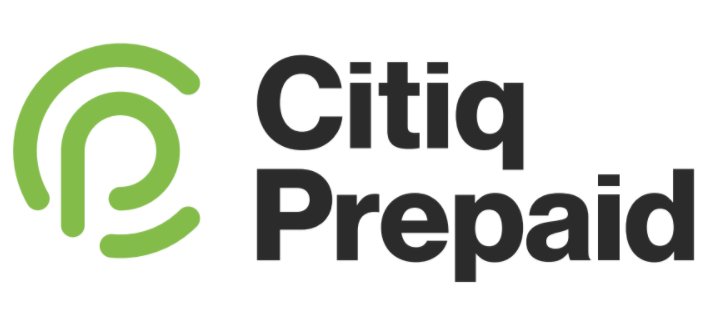South Africa is a water-scarce country and has been plagued by extreme water scarcity in recent years. Energy conservation has also become increasingly crucial as billions of people worldwide raise awareness for a low carbon footprint. For many homeowners, landlords and tenants, monitoring utility usage can sometimes be difficult. In sectional title schemes, enforcing electrical and water-saving measures are particularly important. But not everyone is mindful of their usage, and if some properties are being rented out to tenants, conflict arises when there are issues of non-payment.
So, what are some of the ways that sectional title schemes can contribute to energy and water efficiency?
Installing prepaid sub-meters in sectional title schemes
Prepaid sub-meters are growing in popularity, providing a simple solution to utility management. Electricity and water supply to sectional title schemes are primarily supplied in bulk by the municipality, which leaves the body corporate with a hefty bill at the end of the month, which they must separately charge property owners for and hope to recoup their costs successfully. If the homeowner or their tenants refute the usage or refuse to pay, it can be an admin and financial burden.
A prepaid sub-meter solves the complexities of utility bill allocation and prevents arguments about usage, which are further compounded when managing more extensive property portfolios and varied utility bills. By far, the most successful way to control water and electricity usage is to install prepaid sub-meters. The homeowners or tenants are then responsible for how much utilities they use, and payment for that electricity or water, which happens upfront, is their responsibility. They will be able to monitor their own usage and will be more inclined to be proactive about saving resources.
Citiq Prepaid’s sub-metering solution helps property managers and owners build tenant relationships through transparency. When partnering with Citiq Prepaid, homeowners and tenants in sectional title schemes know exactly what they are paying for, and the body corporate is assured absolute security for their funds and utilities.
Controlling water usage
Installing water-saving fixtures – If you are renting out your investment property, then install water-saving showerheads or flow restrictors in every shower and tap. This will reduce the water pressure and could cut the water usage by almost half. They are often inexpensive and are easy to find in any hardware store, and is easy to install. Ideally, this should be done when the property is being developed, but nothing stops the body corporate from raising funds to execute this as a general maintenance task.
Routinely check for leaks – Set up a routine check to look for leaks. Not all leaks are easily discoverable by puddles or watermarks. Some of the worst leaks happen underground and may go undetected. Check the pipes, hoses, faucets, and couplings. Sometimes an inexpensive washer is all that is needed to stop a leak. Water leaks on the main water line can be extremely wasteful, and they’re often underground and go unnoticed for a long time.
Use greywater systems – If possible, install greywater systems to reroute water from sinks, basins, showers, and baths into the garden for immediate irrigation. Greywater systems are not always cheap to install, but they will save money on garden maintenance in the long run.
Reducing electricity costs
Movement-activated lighting – Communal lighting can be an energy drainer in sectional title schemes, especially ones with large parking garages. If possible, install movement-activated lighting sensors in areas that do not get a lot of foot traffic at night. Solar-powered lights for the garden or areas around a swimming pool is also another option.
Switch to LED – This is the most obvious option, but if your building is old and still uses incandescent light bulbs, switch to energy-saving LED lightbulbs. This will help reduce the amount spent on electricity each month. You can watch this video for details about which type of lightbulb last the longest.
Upgrade appliances – If the building has a laundry room or other electrical appliances that are often used, have you ever considered if it’s energy-efficient? Many energy-efficient appliances cost more initially but will save you money in the long run. When investing in quality, energy-efficient appliances, expect to keep them for 10 and 20 years.
These are just a few ways that sectional title schemes can control water and electricity usage. If you’re a body corporate or managing agent and would like to find out more about installing Citiq Prepaid sub-meters in your sectional title scheme, please email sales@citiqprepaid.co.za.

